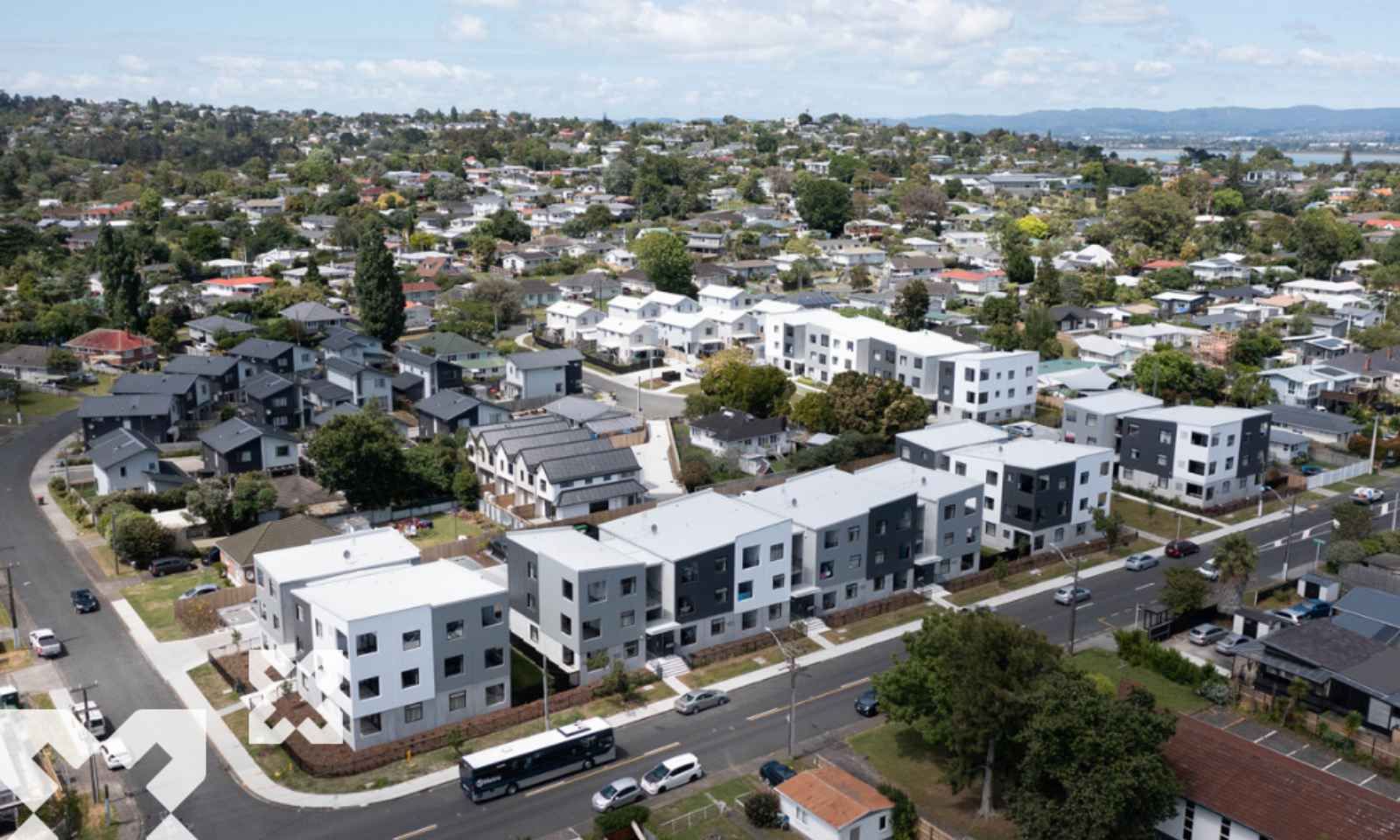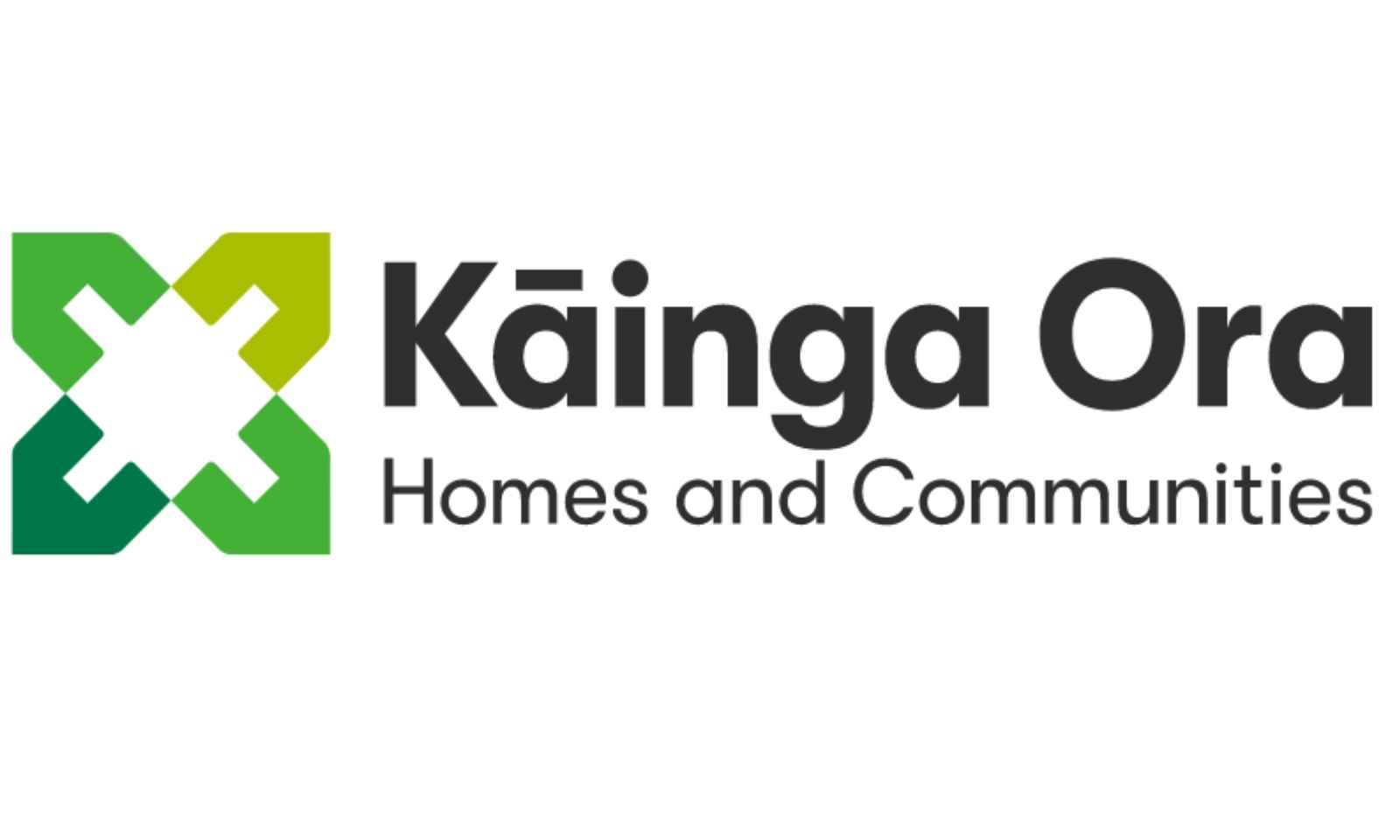

Associate Housing Minister Tama Potaka, left, and Greens housing spokesperson Tamatha Paul.
Photo/Supplied/Tama Potaka Facebook/Tamatha Paul Facebook
Making people homeless costs more than housing them - MP
Tamatha Paul, of the Green Party, warns that the Government’s new Kāinga Ora policy is causing anxiety among tenants.



Inked across lands: How Pacific tattoo art is thriving in Germany

US funding cuts threaten to 'dry up' future of Pacific scientists - expert




Inked across lands: How Pacific tattoo art is thriving in Germany

US funding cuts threaten to 'dry up' future of Pacific scientists - expert

Green MP Tamatha Paul has criticised the Government’s new Kāinga Ora policy - aimed at getting tough on tenants who don’t pay rent or engage with support services - and warned this could lead to increased anxiety and homelessness among vulnerable populations, particularly Māori and Pacific families.
Despite a decrease in the total rent debt owed to Kāinga Ora, Paul warns that "making" tenants homeless is more harmful and costly than supporting their housing needs.
She called for a flexible housing system that accommodates financial difficulties, highlighting the negative impact on children living in public housing.
She said she was concerned about removing the Sustaining Tenancies Framework, which previously helped tenants maintain housing stability despite rent arrears.
To promote accountability and protect taxpayers, the Government is introducing stricter consequences for Kāinga Ora tenants who refuse to pay rent or engage with support services.
Tama Potaka, the Associate Housing Minister, says the new policy aims to reduce rent arrears among state house tenants while supporting those willing to pay off their debts.
The total rent debt owed to Kāinga Ora has decreased from $21.6 million in January 2024 to $16.1 million in January 2025.
“Tenants who fall behind in their rent will receive support from Kāinga Ora to get back on track, but if they don’t make a genuine effort to repay what they owe, they will be putting their tenancy at risk,” Potaka said.
“This will provide a clear incentive to tenants who are not currently meeting their obligations to change their behaviour and speed up repayment.”

Kainga Ora is New Zealand's largest residential landlord, managing or owning more than 72,000 properties. Photo/Kainga Ora Website
A crisis for Pacific families?
Pacific people in Aotearoa, New Zealand, are already facing significant housing challenges.
Latest statistics from 2018 reveal that 8.8 per cent of Kāinga Ora tenants identify as Pacific.
According to Pacific Housing: People, Place, and Wellbeing in Aotearoa New Zealand (Stats NZ, 2023), over half of Pacific households live in homes with at least one major issue, such as being cold, damp, or mouldy, compared to just 32 per cent of the total population.
Pacific people are also more likely to live in overcrowded conditions, with almost 40 per cent occupying homes that lack sufficient bedrooms, while only 7.4 per cent of the general population faces the same issue.
Criticism from the opposition
Paul says some aspects of the policy are promising, but she warns that specific measures could have harmful long-term effects.
“Being able to wipe some of that is good, but making people homeless for not paying their rent will do a lot of harm.
Watch Tama Potaka speak about the announcement here.
“And it means that there will be a lot of people out there with a lot of anxiety because there is so much debt when it comes to rent because the rent is simply too high, even in public housing.
The new policy builds on the Government’s earlier move in March 2024 to end Kāinga Ora’s Sustaining Tenancies Framework, which allowed tenants to remain in state housing regardless of disruptive behaviour or rent arrears.
Paul strongly opposes the removal of this framework.
“We want people to be housed and to anybody that says, ‘Oh, well, if they're not paying their rent, then they should be kicked out.’
“I promise you the costs that come from making people homeless are far higher than the costs that we can pay in order to keep them housed.
Listen to Vicki Sykes, Community Housing Expert, on the stricter policy.
“We don't know what situations people are going through in their lives. We don't know what health conditions they have, what whanau members they're supporting.
“And it's important that we have a system that is flexible, that allows for and accommodates people to weather difficult financial times.
“This announcement about rent debt and also removing provisions that try to keep people in their homes for as long as possible are all backward steps away from the housing system that we all expect, which is one that is affordable and also offers stability for the people living in those homes.”
Anxiety for Pacific and Māori families
Paul highlights the added stress these announcements bring to Māori and Pacific families.
“For Māori and Pacific whānau, who make up a majority of people living in public housing, it's probably a bit tiring continuing to have these announcements and not being sure how stable or secure you are in your own home.
Listen to Ana Ika, the Salvation Army's social policy analyst, on housing challenges for Pacific communities.
“I think that can be a little bit stressful, particularly given the amount of Māori and Pacific children who live in these houses, which to me is the priority and who we should be making decisions for.
“I want to emphasise that point about Māori and Pacific children that are living in state housing.
“We've just got to be wary when we're commenting on affordability or security on public housing that there are young people who are on the receiving end of those decisions.
“Often, it's easy for commentators and politicians to jump on and bash the people that live in public housing.
“But don't forget that a large number of those people are tamariki, and they not only deserve an affordable, stable, healthy roof over their heads, but they need it.”

Sustaining tenancies started in 2017 as a trial to support 940 individuals and whānau at risk of losing their public housing tenancies in Auckland, Wellington, and Christchurch. Photo/Kāinga Ora